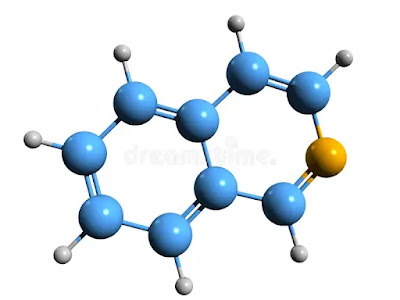🔬 "Fractional Distillation: The Science Behind Perfect Separation"

International Chemistry Scientist Awards Fractional distillation is a highly efficient separation technique used to separate components of a mixture based on differences in their boiling points. Unlike simple distillation, it employs a fractionating column that allows vapor to condense and re-evaporate multiple times, enhancing the separation of components. This method is widely used in both laboratory and industrial settings—especially in the petrochemical industry to refine crude oil into products like gasoline, diesel, and kerosene. It is also essential in producing high-purity chemicals, alcoholic beverages, and in environmental and pharmaceutical research. 🔔 Subscribe for m ore insights on chemistry innovations! Website: chemistryscientists.org Contact us: support@chemistryscientist.org Nominate now: https://chemistryscientists.org/award-nomination/? ecategory=Awards&rcategory=Award Don’t forget to like, share...






